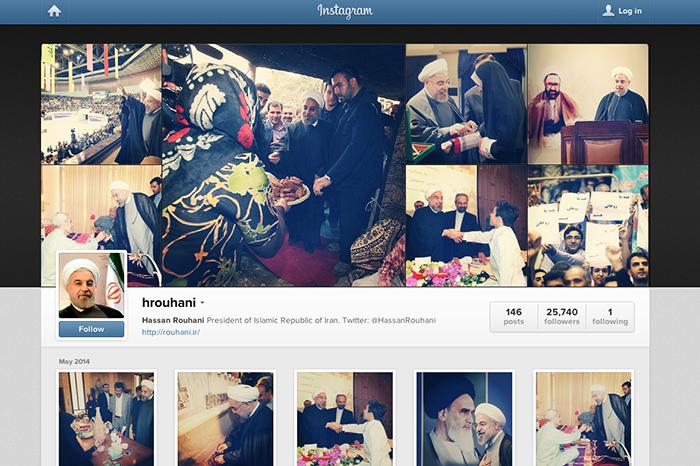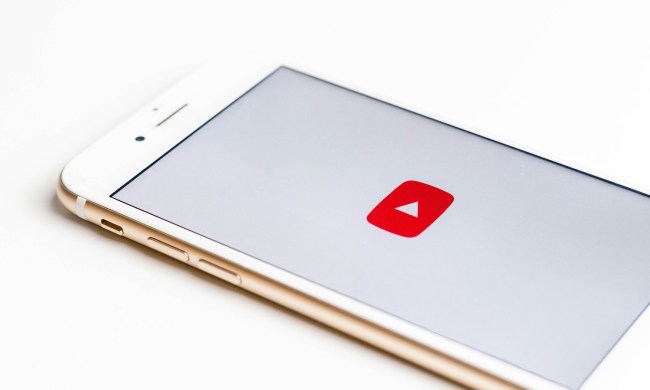
An Iranian court order has added Instagram to Iran’s growing list of blocked social media apps and other websites on May 23, 2014. The block was instituted due to “privacy concerns” of the nation, says the Associated Press.
The court order stems from a private lawsuit and was handed to Iran’s Ministry of Telecommunications to carry out the ban, though some users in the capital, Tehran, still had access to Instagram last Friday afternoon. The popular photo-sharing app had been previously banned in December 2013, but only for one day; this ban, however, may be long-term.
Instagram’s owner Facebook is already banned in Iran, along with fellow social media heavyweights Twitter and YouTube, and a private messaging app called WeChat. In 2012, the Iranian government created the Supreme Council of Cyberspace, which began enforcing strict censorship by blocking many of the Internet’s most popular sites within Iran. The Council was tasked with preventing harm to Iranians who go online, and to fight a “culture invasion” aimed at undermining the Islamic Republic, according to Supreme Leader Ayatollah Ali Khamenei.
When there’s a will, there’s a way: In the past, many of Iran’s tech-savvy citizens managed to circumvent filters set by the Council of Cyberspace, and they might have to continue that trend. Despite these bans, Iranians have used social media as a means to fuel protests regarding former president Mahmoud Ahmadinejad’s election, for example.
Though Iranian citizens are not allowed to use social media, ironically high-level government officials like Foreign Minister Mohammad Javad Zarif, President Hassan Rouhani, and Ayatollah Khamenei are all free to do so – the latter two even have Instagram accounts in their names. Considering social media is a great vehicle for Rouhani and his administration to connect with others around the world, the president himself has opposed blocking social network sites – at least before Iranian authorities can create local alternatives. It’s interesting, since it’s Instagram-using Khamenei who set up the Council and has the final say; it demonstrates how powerful social media can be, and how much the Iranian government sees it as a threat to its leadership, when used by its citizens.
As the court censorship battle rages on, Iran’s police chief Esmaeil Ahmadi Moghadam said that the Islamic Republic was developing new software to limit access to social networking sites; it’s unclear whether this software was used or will be used in the future.
(Via ABC News)

